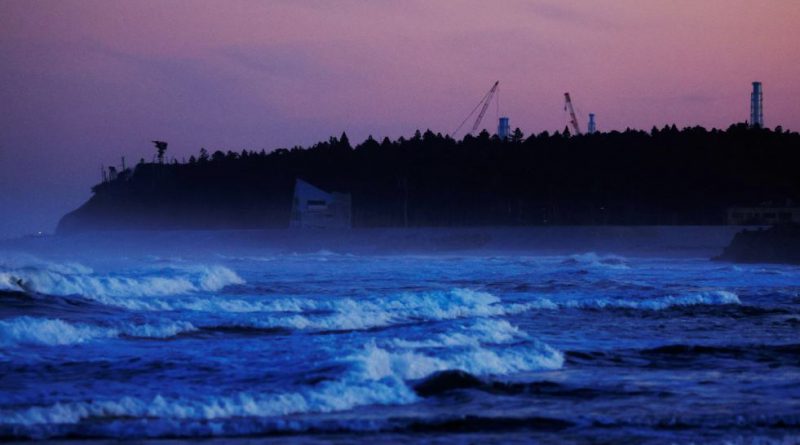Japan to get crucial U.N. verdict for Fukushima water release
Tokyo (Reuters) – Japan is set to receive a final report from a U.N. watchdog on Tuesday that is widely expected to approve a plan for the tsunami-wrecked Fukushima plant to release radioactive water into the ocean over the next 30 to 40 years.
International Atomic Energy Agency (IAEA) chief Rafael Grossi begins a four-day visit to Japan on Tuesday, when he will meet with Prime Minister Fumio Kishida and deliver the results of its two-year safety review.
Japan has not specified a date for the water release, pending the IAEA’s final review and official approval from the national nuclear regulatory body for Tokyo Electric Power (Tepco) (9501.T). The regulatory body’s final word could come as early as this week.
The government’s plan, conceived in 2021, has met fierce resistance from some neighbours including China, which has called it “irresponsible and unpopular” and a potential threat to food and ecological safety.
Through its embassy in Japan, Beijing on Tuesday repeated the protest, saying the IAEA’s report cannot be a “pass” for the water release and calling for the plan’s suspension. Japan’s foreign ministry has said that it has made multiple and repeated attempts to explain the science behind Tokyo’s stance to Beijing officials, but that its offers had been ignored.
Local Japanese fishing communities also fear reputational risk and further loss of business.
Japan plans to release 1.3 trillion tonnes of water used to cool the fuel rods of the Fukushima plant damaged by a massive earthquake and tsunami in 2011.
The water has been filtered to remove most radioactive elements except for tritium, an isotope of hydrogen that is difficult to separate from water. The treated water will be diluted to well below internationally approved levels of tritium before being released into the Pacific Ocean.
Nuclear power plants around the world regularly release waste water containing tritium above the concentration of TEPCO’s treated water.
Still, South Korean consumers have stocked up on sea salt ahead of the release, while China’s foreign ministry lambasted the plan on Monday and said the IAEA must not endorse it.



